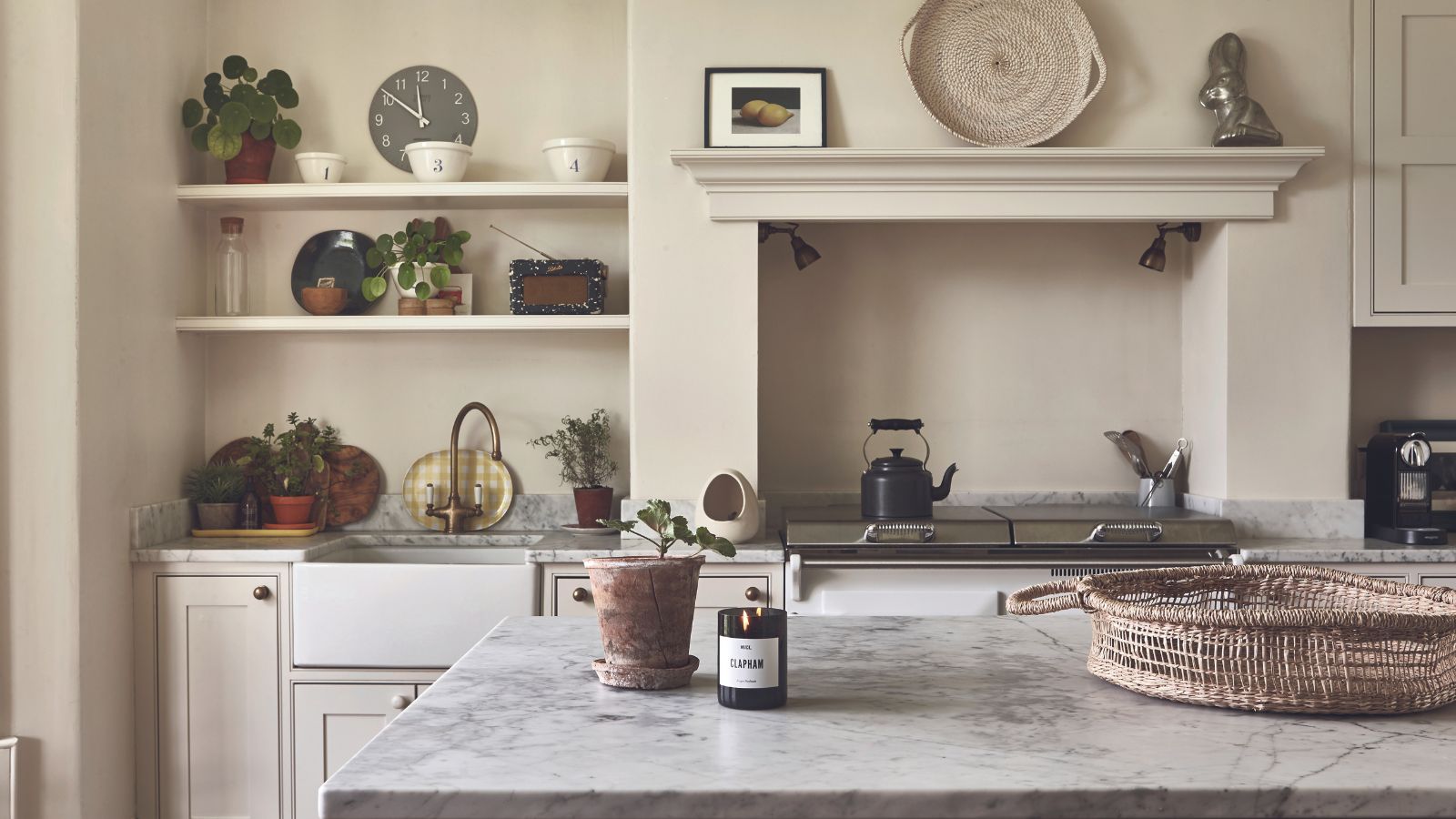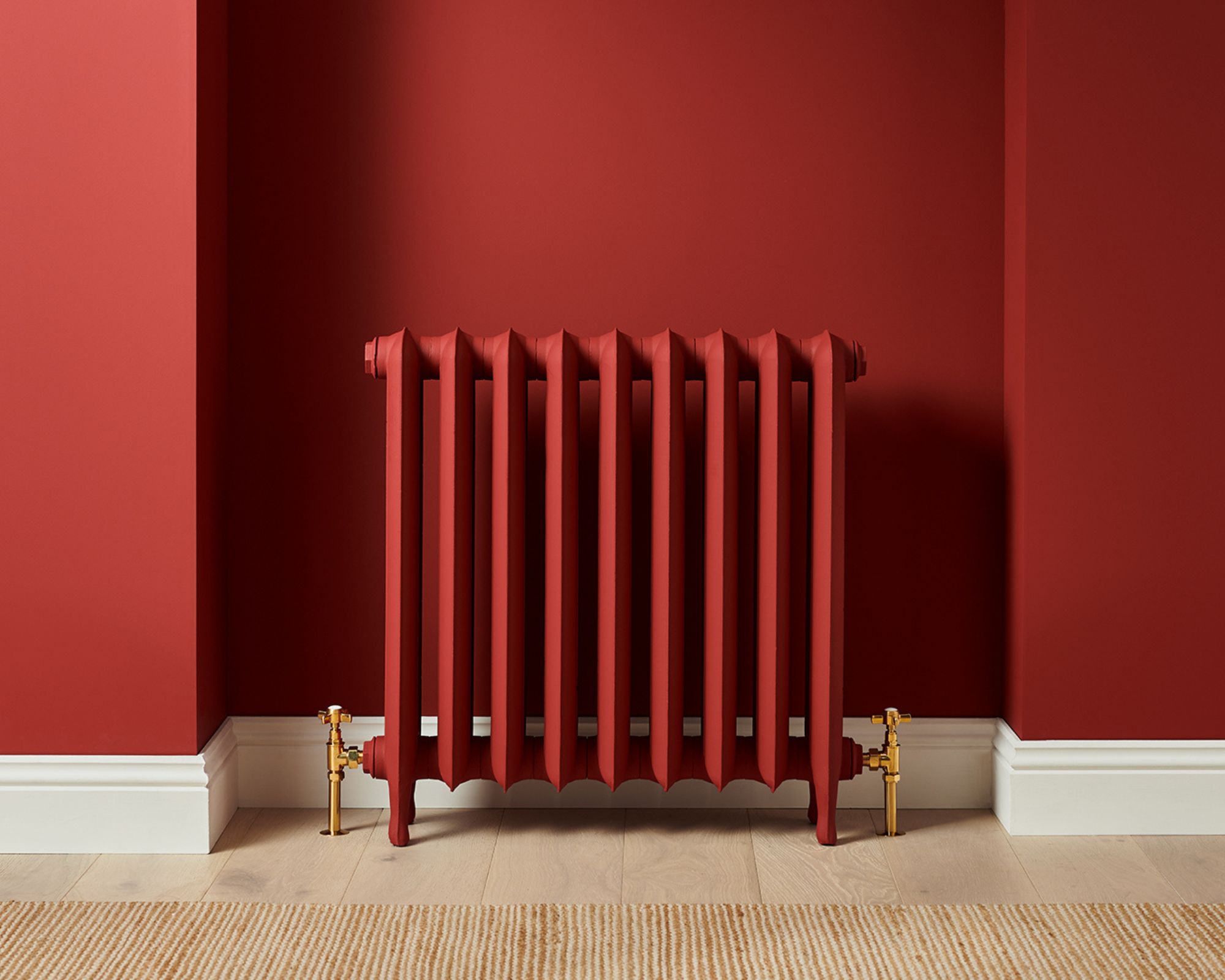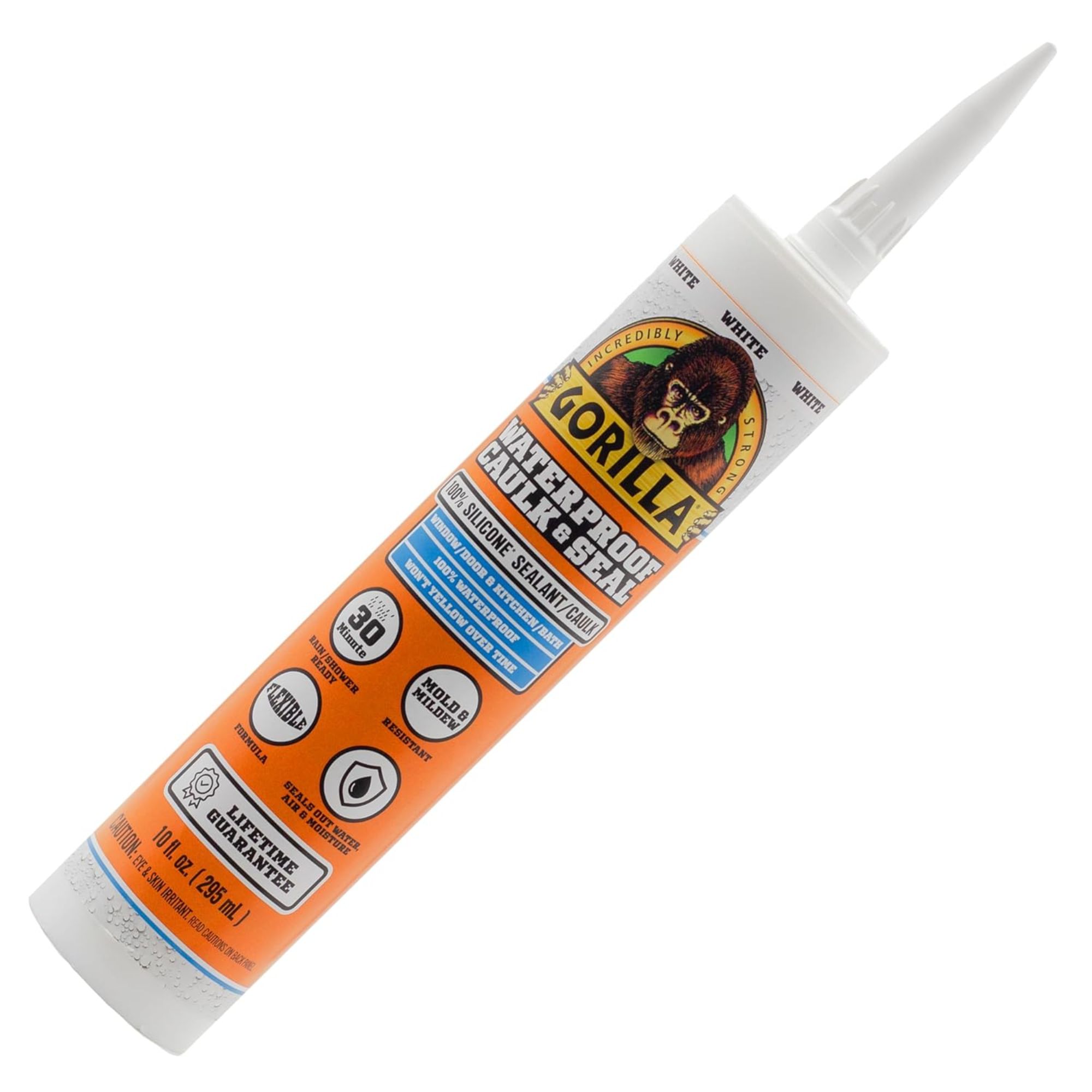Is it cheaper to leave your heating on all day? HVAC pros reveal what's most economical
A smart thermostat is the best bet for keeping energy costs down and staying comfortable


During winter, one of the most important and often challenging things is keeping your home warm while keeping energy costs down. So it cheaper to leave the heating on all day?
While inexpensive methods, such as insulation and draft proofing, are budget-friendly ways to save money at home, sometimes it is necessary to crank up the radiators and pay the price to heat your space. Leaving it on all day won't be the most economical, but turning it off completely will cause too big a drop in temperatures.
Here, HVAC experts explain the best balance when keeping your home warm all day, without overspending, or feeling cold 24/7.
Is it cheaper to leave the heating on all day?
Alex Atkinson, HVAC expert at Super Brothers, advises, 'No, it is not cheaper to leave the heating on all day. You waste energy inflating your utility bills when you heat your home continuously even when you are not there,' which is why doing so is a common heating system mistake that may be driving up your energy bills.
As Atkinson explains, the misinformed belief that leaving the heating on is more efficient, or cheaper, is tied to the notion that home heating types have to work harder when turned back on, but modern systems are now built to heat efficiently. 'This makes intermittent use much more economically effective,' he adds, helping you to save money at home.
However, Sean Goddard from Trane Residential highlights the importance of not turning your HVAC system off entirely, saying, 'Some homeowners believe that turning off their HVAC system completely when they're not at home is the most energy-efficient approach. While it's true that shutting down your HVAC system will save energy, it can lead to other issues.'
'When you turn off your HVAC system entirely, your home's temperature can become too extreme, especially in extreme weather conditions, potentially using more energy than if it had maintained a moderate setback temperature.'
Design expertise in your inbox – from inspiring decorating ideas and beautiful celebrity homes to practical gardening advice and shopping round-ups.
Therefore, when it comes to the most economical way to run your heating, it's crucial to be clued up on the best temperature for a thermostat in winter, which is usually stated at around 68°F (20°C), and, in particular, the ideal temperature to set your thermostat on when on winter vacation. Goddard stresses, 'A better approach is to use setback temperatures while away from home. Setting your thermostat to a slightly lower temperature in the winter can help reduce energy consumption without shutting down your HVAC system completely.'
What to do instead

If there's one thing that all our HVAC experts agree on, it's that investing in a smart thermostat and learning how many hours a day your heating should be on is the single best thing you can do to reduce your energy bills, particularly if you want to try keeping your heating on low, as recommended by HVAC expert Goddard. In fact, Punteha van Terheyden, head of Solved here at H&G is an advocate for this method, recommending that running her heating constantly with a digital thermostat has saved her hundreds on her bills.
Robert Hamerly, principal and CEO of GreenSavers, recommends a smart thermostat as one of the smart home must-haves. 'That way, you can save a little on energy costs by working within a small temperature range, ideally between 68 degrees and 72 degrees in winter. Fluctuating beyond that range, including a full shutting down of your HVAC, is a surefire way to shock and overwork your system, which could lead to condensation on your windows, dampness, and common types of household mold,' all of which will contribute to a musty smelling home. 'It may also lead to a premature need to replace your HVAC system entirely,' Hamerly continues.
When it comes to choosing a smart thermostat model, HVAC expert Atkinson suggests devices such as the Google Nest Learning Thermostat available at Amazon, or Honeywell Home T9 Smart Thermostat available at Walmart, both of which allow you to set schedules, so you can have your home heated fully only when needed.
'You are even able to program the heating to turn on (or up) shortly before you wake up or get home, for example, so that you don't waste energy when it is not needed,' he says.
'Insulation and sealing gaps around the windows and doors will greatly enhance the retention of heat and further reduce longer periods of heating,' particularly if you know which areas of your home you should always insulate. If you want to try your hand at DIY draft-proofing, our expert-lead guide details easy jobs you can get done, and the one important mistake to avoid. Then, you can use the foil heating trick to maximize your warmth without turning up the heat.
Importantly, too, don't forget to tackle these germ hot spots to clean before turning the heating on, to prevent bad odors and spreading dust and dirt around your home.
All prices correct at time of publication.

This smart thermostat automatically pauses your heating or cooling when a door or window is left open to keep energy bills down, and can effortlessly help you save a staggering 23% annually on heating and cooling costs.

For sealing gaps, this caulk seals out moisture, air and water, and is set and ready in as little as 30 minutes. It can also be used both indoors and outdoors.

With a user-friendly touchscreen, this smart thermostat is easy to operate and intuitive, with multiple flexible programming options and intelligent alerts with temperature notifications and reminders.
FAQs
Should you close doors in unused rooms for heat?
While closing doors to unused rooms during winter might seem like a good way to save energy on heating bills, it can actually force your HVAC system to work harder, and might be one of the reasons why your heating is so expensive.
Instead, keep doors slightly ajar and keep vents open in unused rooms to maintain proper airflow throughout your home.
Struggling with the cold this winter? Learn how to make heating more efficient, without having to turn up your thermostat dial.

Ottilie joined Homes & Gardens in 2024 as the News Writer on Solved, after finishing a Master's in Magazine Journalism at City, University of London. Now, as the Sleep Editor, she spends her days hunting deals and producing content on all things sleep – from mattresses and sheets to protectors and pillows, all of which she tests in her own home. She also has particular expertise in home fragrance, covering everything from candles to reed diffusers.
Previously, she has written for Livingetc and Motorsport Magazine, and also has a Master's degree in English Literature and History of Art from the University of Edinburgh, where she developed a love for inspiring interiors and architecture.